Home Remedies For Chickenpox That REALLY Work
Chickenpox, otherwise known as varicella, is a highly contagious viral infection that causes a blister-like rash, usually isolated to one part of the body (such as the face or torso) initially, before it spreads to other areas of the body. The rash, which is caused by the varicella-zoster virus, is not life-threatening, but it may take up to two weeks before it completely resolves. Symptoms are similar to the common cold and may include a fever, chills, muscle aches, and loss of appetite. A rash usually occurs two days after symptoms arise.
Baking Soda
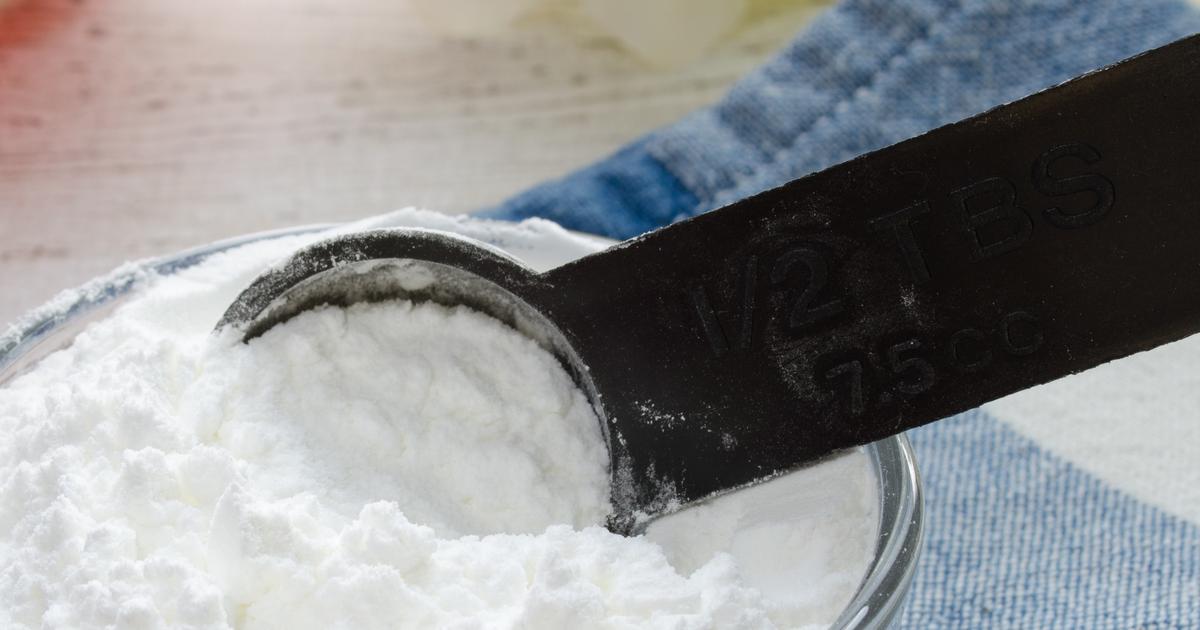
Applying a mixture of baking soda and water to the rash may help reduce the severity and duration. Baking soda is alkaline, which may help combat the acidic pH levels of the virus in the body. It may also help the rash dry up and heal quicker. To use, mix half a teaspoon into eight ounces of water. Using a clean sponge or washcloth, apply the water mixture all over the rash. Allow to dry and do not rinse off. Use several times a day as needed. Alternatively, individuals may take a lukewarm bath with roughly half a cup of baking soda dissolved in it once a day until symptoms subside.
Honey
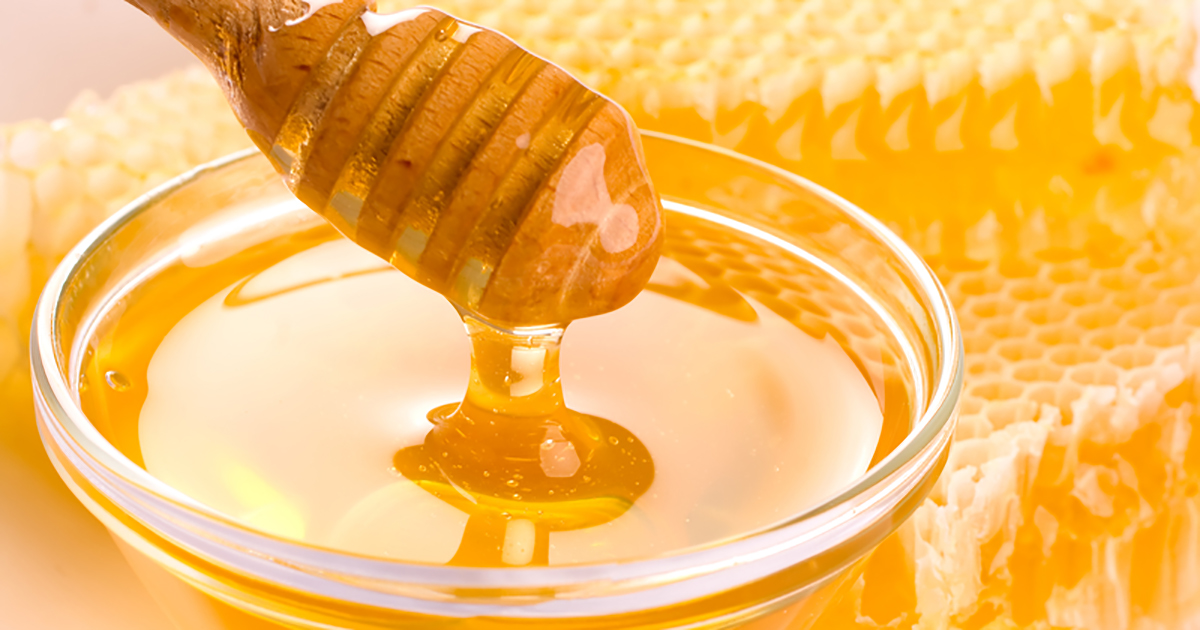
Raw honey has natural antiviral properties, which may help with alleviating some of the symptoms linked to chickenpox and its iconic rash. In addition to killing the germs that cause a rash like the one found in cases of chickenpox, honey may also be able to reduce redness, pain, itching, and scars. Apply raw honey topically to the rash and leave it on for thirty minutes before rinsing with warm water. Be sure to use raw, unfiltered honey as processed honey has been heated to a high temperature, which kills off most of the nutrients. Add raw honey to hot teas to treat the virus internally.
Vitamin A Soup
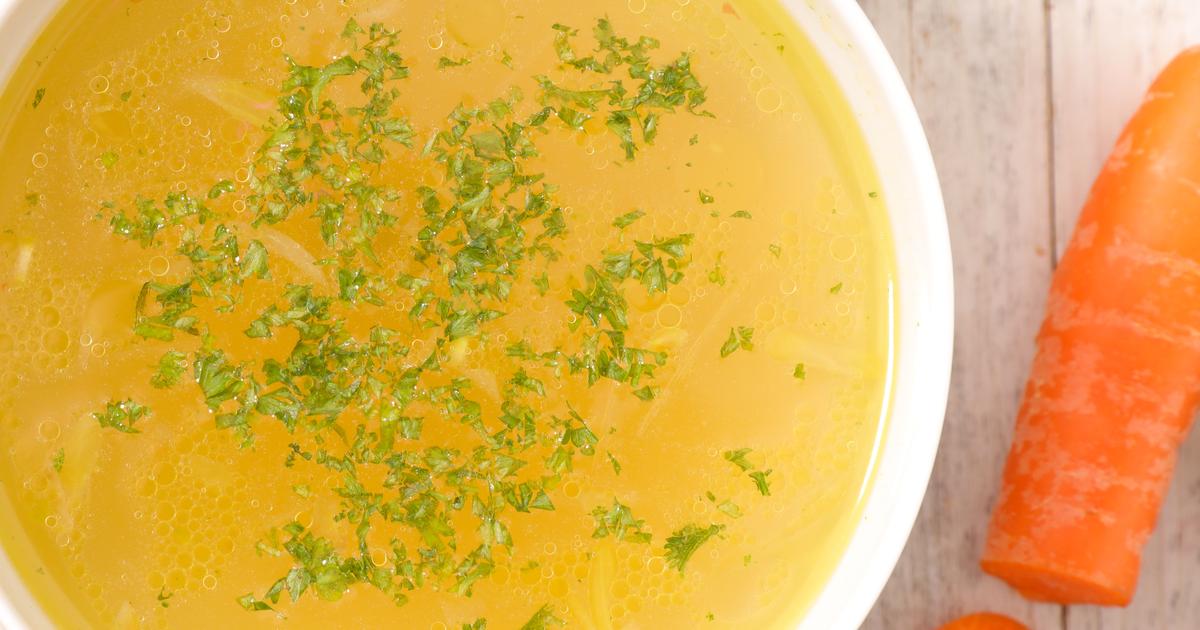
Vitamin A has been shown to be useful in the treatment of chickenpox. Use carrots and coriander to make an immune-boosting soup to kill chickenpox germs. The soup can also be applied to the rash. To make a vitamin A soup, start by boiling a pot of water. Add one and a half cups of chopping coriander leaves and one cup of chopped carrots. Let the mixture simmer for approximately fifteen minutes before straining the carrot and coriander out of the broth. Drink the mixture as a warm broth or dab onto the infection with a sponge or washcloth. Be sure to continue drinking the mixture up to a week after symptoms disappear to ensure the virus is gone.
Oatmeal Bath
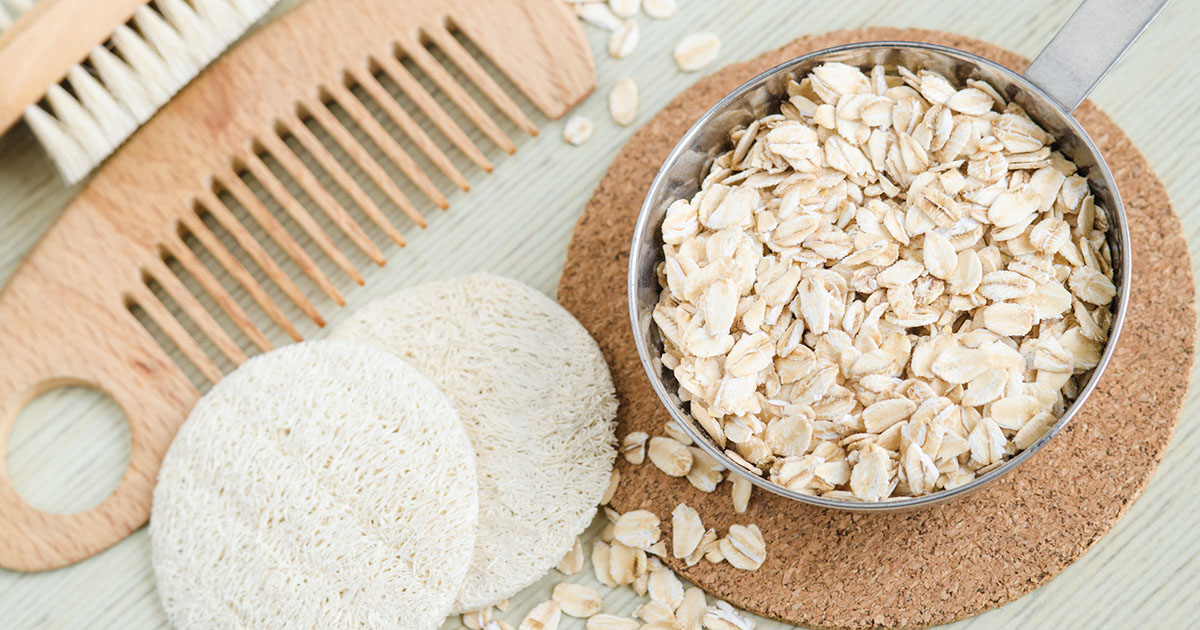
Oatmeal has antiviral properties that may help reduce the severity of chickenpox symptoms, particularly when it comes to the intense itchiness associated with the iconic chickenpox rash. It has been used for many years to relieve pain and itching associated with various skin conditions, and it may even help alleviate scarring. To take a bath with oatmeal, grind two cups of oatmeal into a fine powder by using a blender or a food processor. Alternatively, preground oatmeal can be found at some health food stores or bulk food stores. Add the oatmeal mixture directly to a tub of hot water and soak for fifteen minutes to relieve itching. Adding a few drops of lavender, clove, or tea tree essential oil may also help kill the germs.
Aloe Vera
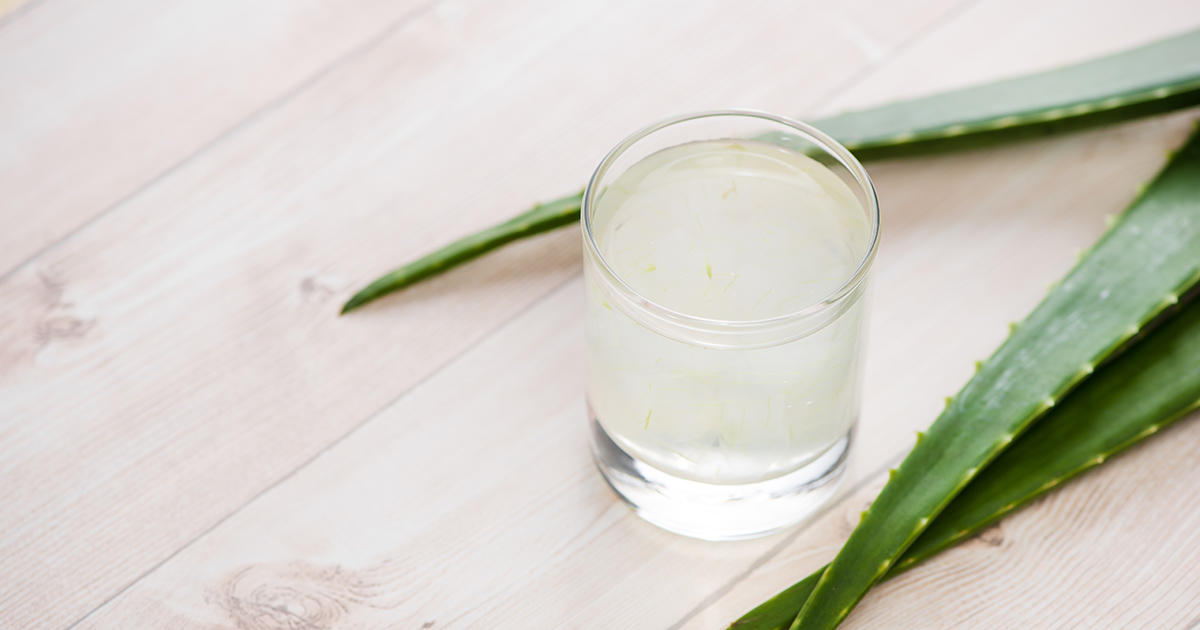
Aloe vera has soothing properties to help relieve itching and scarring associated with the chickenpox rash. It also has anti-inflammatory and antiviral properties to kill the virus and heal the skin from potential scarring due to the bumps in the iconic chickenpox rash. Look for an organic store-brand version of aloe vera without any harsh additives or chemicals. If this is not possible, cutting open a fresh aloe vera leaf and applying the gel to the chickenpox rash can also be helpful. Gently rub the gel in and let it dry completely. Reapply as needed and do not wash off.
Thieves Essential Oil
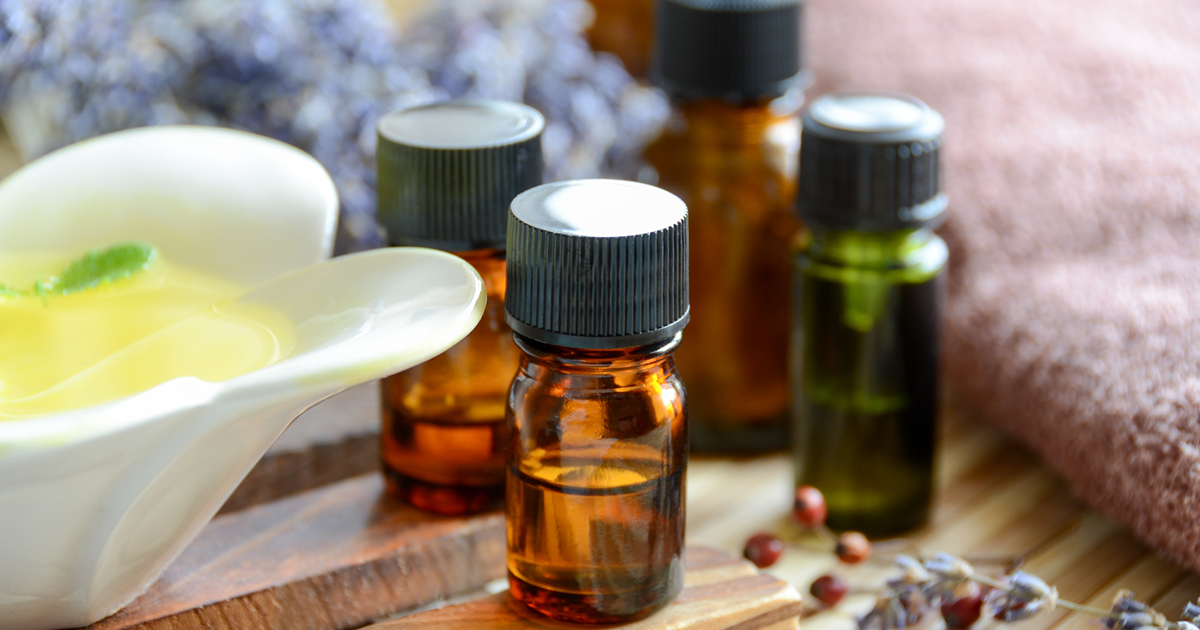
Thieves oil has natural antiviral, antiseptic, and anti-inflammatory properties that may be used to kill the chickenpox virus. This essential oil is actually a combination of multiple essential oils. Specifically, Thieves essential oil combines the powers of lemon, cinnamon, clove, rosemary, and eucalyptus essential oils. To embrace this chickenpox remedy, draw a hot bath and add in up to twenty drops of this essential oil. Add in a quarter cup of Epsom salt, which is a good source of magnesium. This kind of salt will help reduce inflammation, relieve pain, and draw out toxins. Soak for fifteen minutes and be sure to rehydrate with water. Pat dry with a clean towel and avoid rubbing the rash.
Herbal Teas

Herbal teas are a great kind of beverage for individuals to drink while they are sick because they help with hydration while simultaneously providing flavonoid antioxidants and antiviral properties to kill germs, reduce inflammation, and provide soothing comfort. Lemon balm, marigold, Echinacea, turmeric, St. John's Wort, basil, chamomile, and burdock root teas are all good options to try. Apply the tea directly to the rash after steeping the leaves in boiling water for fifteen minutes and straining. The antioxidant content will help heal skin fast and reduce scarring.
Vitamin C And Zinc

Because viral infections like chickenpox do not respond to antibiotics, the best way for individuals to treat them is by boosting their immune system, putting it in a better position to fight off the illness. A 2012 study showed a high dose of vitamin C and zinc might be able to treat viruses that cause the common cold, and thus, may potentially have an effect on cases of chickenpox. Vitamin C and zinc are especially important for boosting immune health. Great sources of vitamin C include citrus fruits, though kale reportedly contains more vitamin C than the average orange. Food-based sources of zinc include pumpkin seeds, spinach, grass-fed beef, kidney beans, and flaxseed.
Probiotics

Probiotics are the good bacteria found in an individual's gut. They are needed to restore balance and boost immune system function as the majority of immune cells reside in the gut. Probiotics are a good way to remove toxins by promoting regularity, which can help heal many skin conditions, including the rash associated with chickenpox. For this remedy, affected individuals may look for a high-quality probiotic supplement with around twenty billion colon-forming units to help kill the chickenpox virus. Alternatively, they may want to try drinking kefir or consuming probiotic yogurt if they prefer an even more natural remedy.
Homemade Anti-Itch Cream
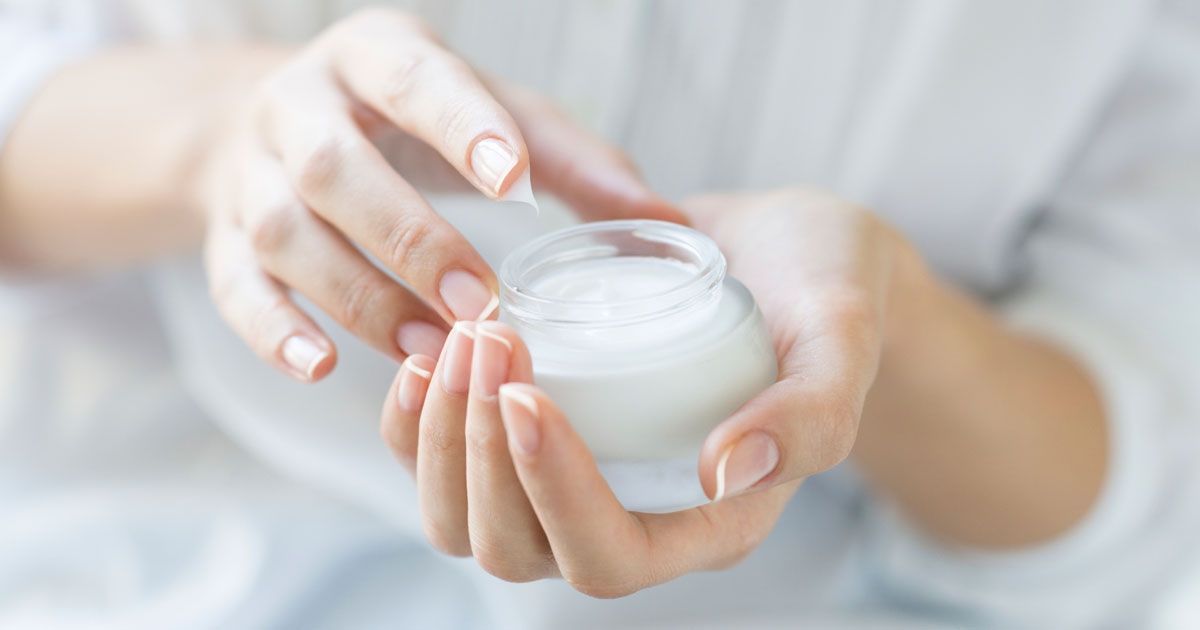
Instead of apply chemical-laden store-bought anti-itch creams, individuals with a case of chickenpox can make one at home using natural ingredients. Homemade anti-itch creams combine one teaspoon non-nano zinc oxide powder, one teaspoon baking soda, one teaspoon fine sea salt, one tablespoon witch hazel, two teaspoons bentonite clay, and ten drops of peppermint essential oil. Individuals should stir until the mixture becomes creamy. The mixture should be stored in an airtight jar and applied to the infected areas of the skin as needed. This mixture should not be rinsed off. It should also be thrown away if any of it is left after two weeks.
Sugar-Free Popsicles

When most individuals think of chickenpox, they typically envision little red bumps or blisters on the surface of the skin. However, chickenpox can form not only on the usual places, such as the face, arms, and chest, but also in other places, such as the mouth. While chickenpox blisters in the mouth generally don't last as long as those on the skin, they can be particularly painful, making it difficult to eat or drink. Sugar-free popsicles are a great home remedy to aid in the discomfort that blisters in the mouth can cause. Not only are they a great way to encourage hydration, but sugar-free popsicles also can provide soothing pain relief to the sores since they are cold, and cold temperatures can numb some pain.
Wear Mittens Or Gloves

One of the most uncomfortable aspects of chickenpox is the intense itching, which can often feel constant, overwhelming, and extreme at times. While the urge to scratch can be just as intense as the itching itself, scratching the chickenpox rash is highly discouraged, as it can cause the blisters to open and increases the risk of contracting an infection. If the itching becomes unbearable or scratching is occurring unconsciously, it can be helpful to wear mittens or gloves. Not only can they protect the skin from rupture and exposure to infection, wearing mittens or gloves can serve as a visual reminder not to scratch.
Homemade Compress Infused With Chamomile
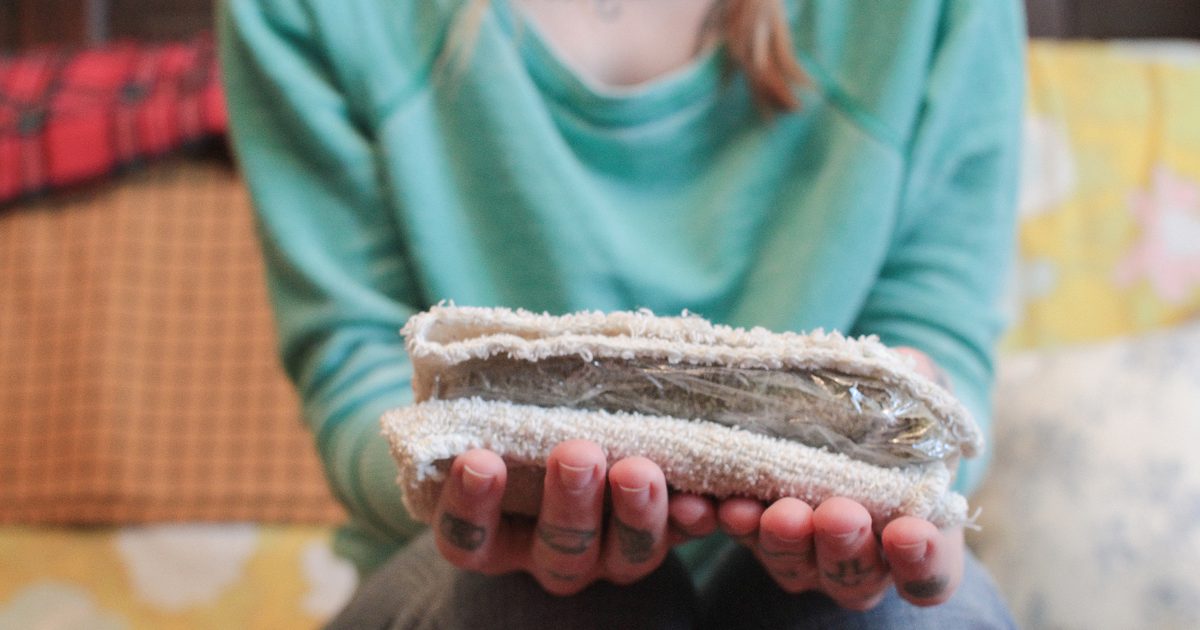
One of the best ways to help an individual with chickenpox be more comfortable is to find a way to decrease the itching. A homemade compress infused with chamomile is a great remedy that provides soothing relief to itchy skin. Chamomile is a natural herb often used to aid in relaxation but has also been proven to antiseptic and anti-inflammatory properties which help protect the skin from infection and reduce redness, itching, and swelling.
A homemade compress infused with chamomile can be made by brewing three chamomile tea bags. Do not bring the water to a rolling boil as too much heat can destroy some of the helping properties of the tea. Allow the brew to cool. Dip a clean washcloth into the brewed tea and apply to the areas causing discomfort. This method can be used as needed to provide relief from itching.
Trim Fingernails
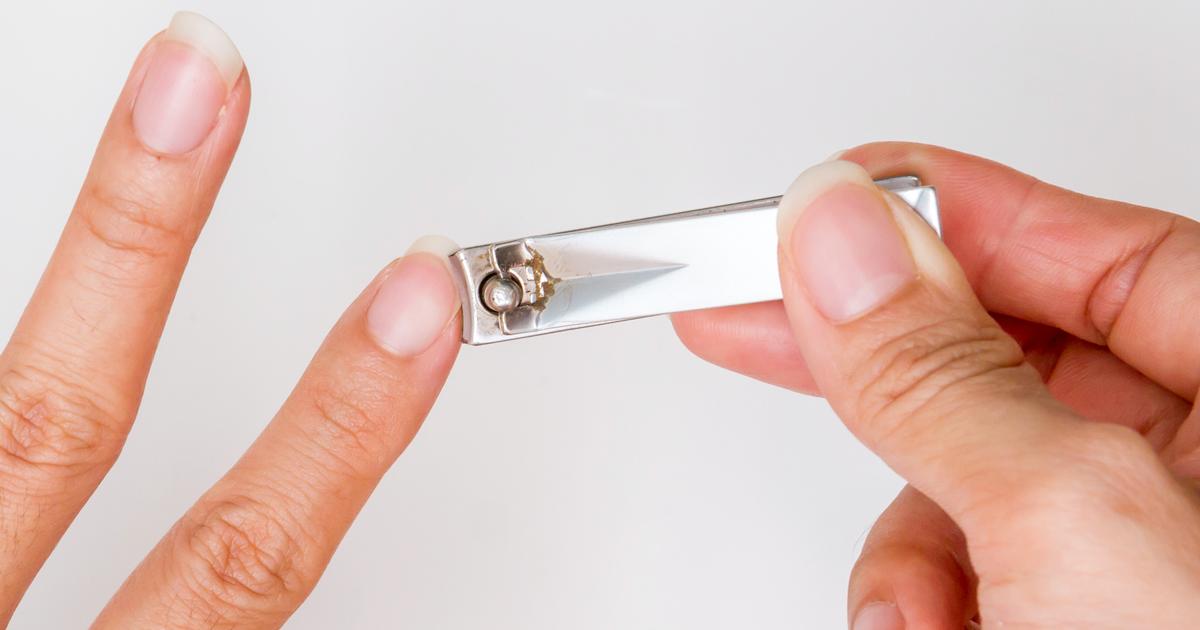
While many individuals pay close attention to wiping down surfaces and changing sheets to prevent the spread of illness and infection, one culprit often gets overlooked: fingernails. It is important to trim fingernails and keep them clean in times of good health, but also when an individual has the chickenpox. When fingernails are long and individuals are unconsciously scratching, it can increase the risk the skin to become open, making it more susceptible to infection. Long fingernails also attract dirt and bacteria that can come into contact with open blisters and cause infection. It is important to make sure to trim fingernails close to the base of the finger, but not too close to the nail bed, as too short nails can cause pain and discomfort.
Avoid Acidic Foods
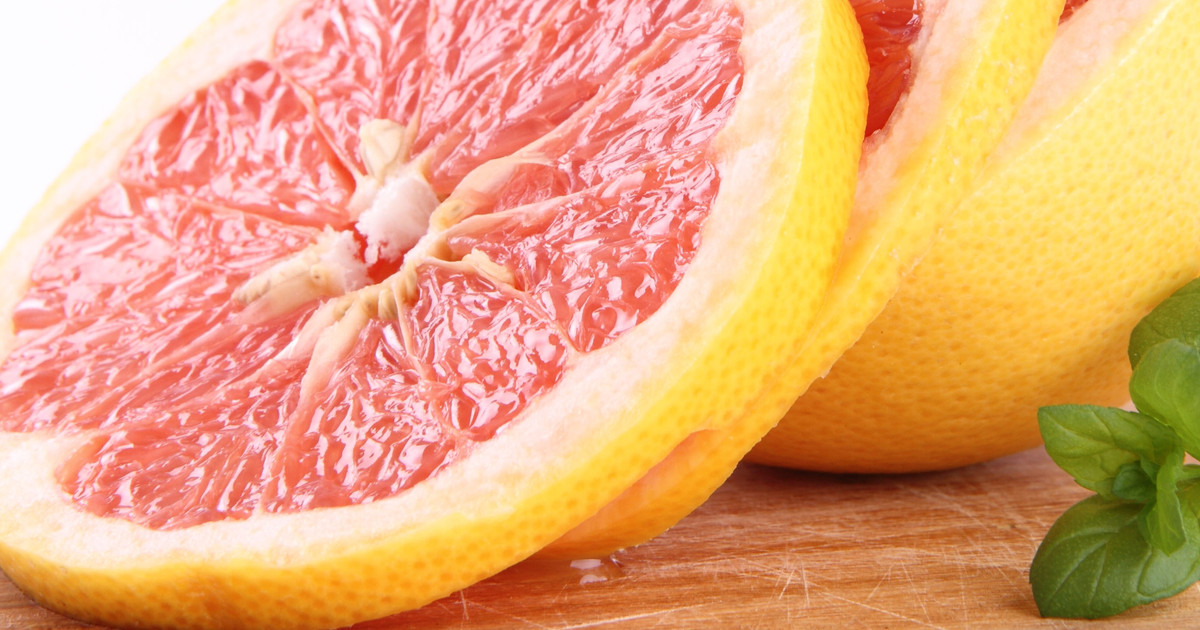
One of the most common remedies, when someone is sick is to encourage them to intake a boost of vitamin C, which is naturally found in certain fruits and vegetables. It is common to tell sick individuals to drink orange juice. However, when an individual is sick with chickenpox it is very important to avoid acidic foods and drinks. This is especially true for those individuals who have chickenpox blisters in their mouth, as the acid found in foods and drinks such as grapefruit or orange juice can irritate the area and cause additional pain. It is possible to boost the immune system with vitamin C while avoiding acidic foods. Great vitamin C alternatives include Kakadu plums, guava, kale, blackcurrants, and kiwi.
